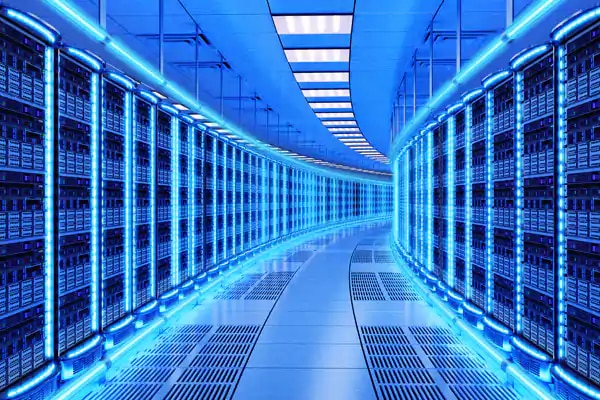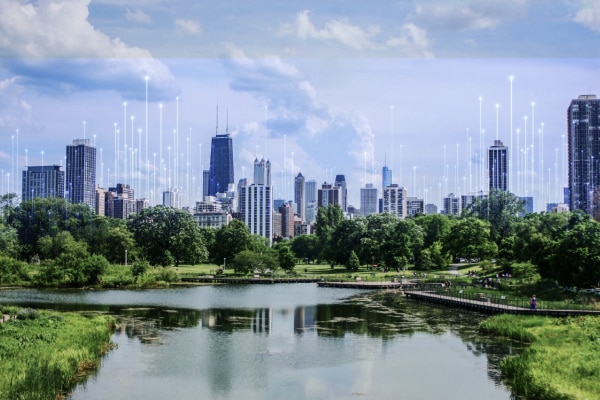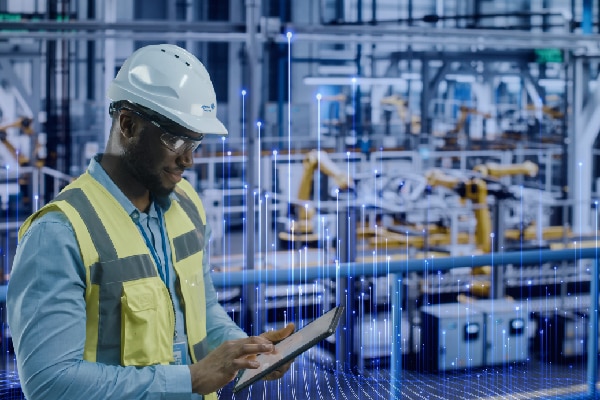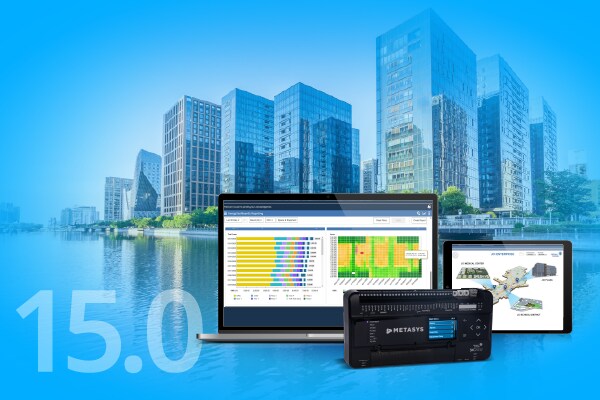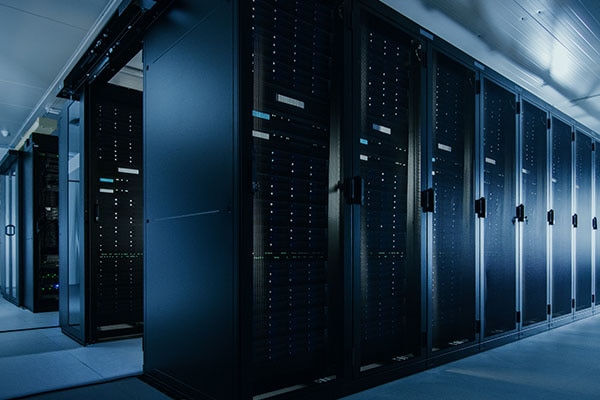Industry 4.0 Food and Beverage Manufacturing: Paving the Way
From kickstarting mass production to introducing safer methods of manufacturing, industrial revolutions have transformed the world of industry. Now, the world is experiencing yet another leap forward with the arrival of Industry 4.0.
Hailing in a new age of interconnected digital technology, Industry 4.0 promises smarter, more efficient manufacturing around the globe. How, though, will the fourth industrial revolution affect the food and beverage manufacturing industry? Let’s take a closer look at how contemporary technologies and smart buildings are helping tackle key manufacturing issues.
What is Industry 4.0 in Simple Terms?
Industry 4.0 is rooted in the idea of smart technologies and data. It involves creating entire ecosystems of digital tools and software working collaboratively to transform the way businesses operate. From the Internet of Things (IoT) to big data analytics, the fourth industrial revolution brings together contemporary technologies for enhanced operational efficiency, agility, and automation.
In simple terms? It’s the world of modern technology, connected.
How is Industry 4.0 Different?
Compared to the last industrial revolution (also known as the digital age), Industry 4.0 has an increased focus on interconnected smart technologies, data analytics, and automation. While it can utilise the same digital tools, it enhances them with contemporary innovations, like artificial intelligence (AI) and machine learning (ML).
For example, the digital revolution triggered an era of mass data collection. Now, 99% of businesses with over 10 employees in the UK handle digital data, a figure that’s remained level for a few years.
Across industries, though, businesses struggled to comprehend how to utilise this data for the benefit of their operations. Industry 4.0 provides a solution that builds upon the technology of the digital age, with AI software making it simpler to gain actionable insights from large data sets.
This is a prominent focus of the fourth industrial revolution. Rather than basing food and beverage manufacturing decisions on experience, the new industrial revolution is geared towards making more informed, data-driven choices.
Industry 4.0 and Food and Beverage Manufacturing
The food and beverage manufacturing industry has long relied on technology to optimise processes and improve outputs.
Industry 4.0, however, is introducing not only a new fleet of technology to the food and beverage manufacturing industry but also a new way of using these digital solutions.
Smart systems create connected operations, for example, with manufacturing processes linked to wider technological ecosystems. Data is being used to drive a new level of efficiency that tackles contemporary challenges, and advanced sustainable systems are helping move the manufacturing industry towards net zero.
As detailed in our Industry 4.0 whitepaper, 90% of manufacturers are currently investing heavily in technology that will digitally transform their processes. Progressive technologies pave the way for smarter, more resilient, more efficient food and beverage manufacturing, opening the door to the future of food.
Industry 4.0: Overcoming Challenges in Food and Beverage Manufacturing
The food and beverage manufacturing industry is currently facing a number of challenges that Industry 4.0 aims to address. These include:
- Supply chain disruption
- Energy price volatility
- Sustainability and a drive towards net zero
- Inflation and declines in consumer spending
- Demand for transparency
Let’s take a look at energy price volatility caused by the energy crisis as an example. There are a range of technologies now available to reduce the impact of price fluctuations, including the use of on-site renewables.
By installing solar panels, food and beverage manufacturing businesses can generate their own electricity, reducing their reliance on third parties and creating an internal energy supply that’s less affected by external factors. Energy consumption can be closely monitored using smart software and data analytics, too, highlighting areas where the business can reduce energy consumption through enhanced energy efficiency.
It’s also vital to note that these technologies are crucial for manufacturers making net zero pledges. From using analytics to monitor equipment performance and enable energy-efficient upgrades to the implementation of renewables to power entire production lines, it presents the key technologies needed for greener manufacturing.
Smart Buildings in the Food and Beverage Manufacturing Industry
Smart buildings are an example of Industry 4.0 in action. These buildings are rooted in the idea that, by using technology, manufacturing can move beyond the limitations of human capabilities and become more efficient, sustainable, and smart. Some of the features you’ll find in smart buildings include:
- Operational cost savings
- Resiliency for 24/7 uninterrupted manufacturing
- Resource efficiencies
- Regulatory compliance
- Predictive analytics
- Efficient HVAC systems
- Smart measurement sensors
- Advanced security systems
- Equipment performance management software
- Renewable energy solutions
Johnson Controls’ Sustainable Infrastructure team partners with food and beverage manufacturers to assist them in cutting energy and operating costs, reducing downtime, meeting global regulatory compliance and improving processes by implementing proven solutions and systems, without upfront capital investment. We are a global industry leader in the development of smart buildings. We design and build smart spaces that connect entire ecosystems of data-driven technology, giving you more control over your efficiency and costs.
We also offer alternative funding solutions for food and beverage manufacturing businesses looking to invest in technologies through smart buildings.
For example, we offer a solution to fund smart building retrofits on the business's behalf. Once the building is complete, the business can use guaranteed outcomes to pay for retrofits, reducing the financial burden of essential upgrades.
This reduced or removed upfront cost is vital for helping food and beverage manufacturing businesses upgrade infrastructure, and in turn, organically meet sustainable goals. Smart buildings aren’t just vital for food and beverage industries but for our planet as a whole. By helping businesses lower their emissions through the use of sustainable technologies and smart buildings, we can all work towards a more efficient, green and resilient future.
Download the Whitepaper
Industry 4.0 is a revolution tackling the current problems faced by the food and beverage manufacturing industry. Through the use of interconnected technology, intelligent data, and hyper-efficient upgrades within smart buildings, businesses can utilise Industry 4.0 to become more agile in the face of global disruption and meet increasing demands for sustainable manufacturing.
In this blog, we’ve taken a look at some key ideas presented by Industry 4.0, but this only touches the surface of the ongoing revolution.
To learn more about how Industry 4.0 is helping the UK food and beverage manufacturing industry to overcome challenges, download our whitepaper or contact our Sustainable Infrastructure team.
Stay ahead of the curve!
Download our whitepaper today and find out what Industry 4.0 could mean for you.



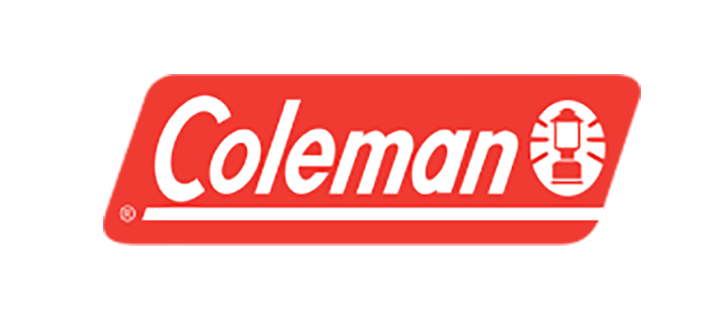






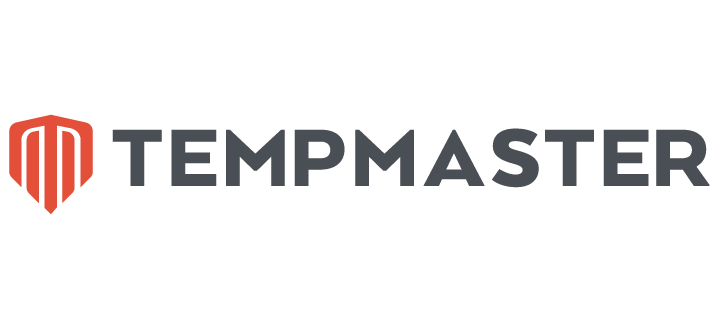









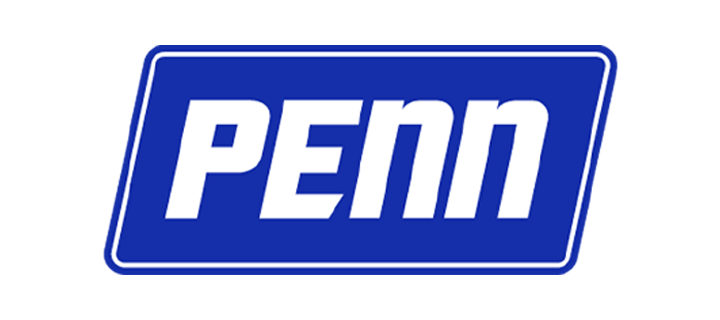

.jpg?la=en&h=320&w=720&hash=244C75B74F0F77521D56164450973BCD)


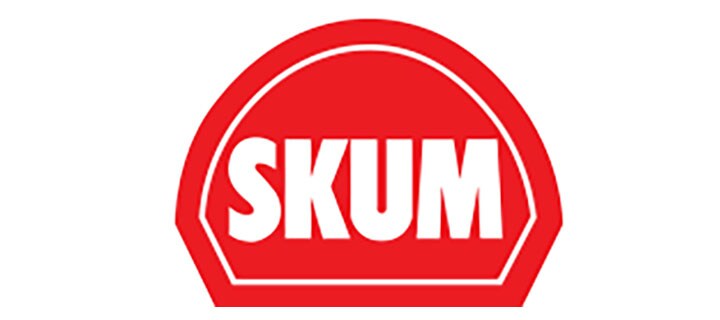


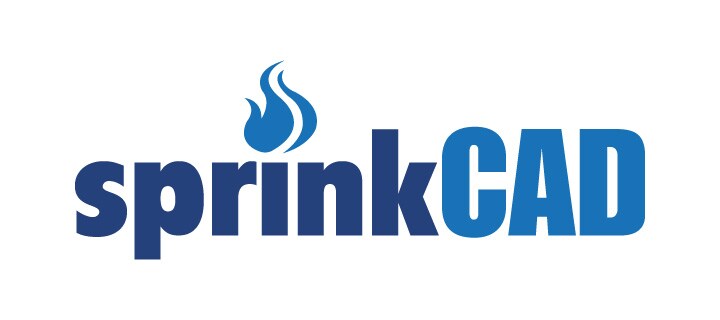








.jpg?la=en&h=310&w=720&hash=8D9823F26AA80B2B75C3E4B2E61770DC)


.jpg?la=en&h=320&w=719&hash=13CA7E4AA3E453809B6726B561F2F4DD)
.jpg?la=en&h=306&w=720&hash=F21A7CD3C49EFBF4D41F00691D09AEAC)

.png?la=en&h=320&w=720&hash=18CFCCD916C92D922F600511FABD775D)






